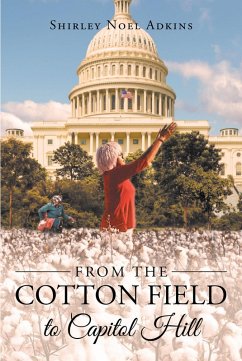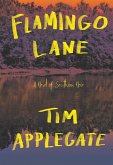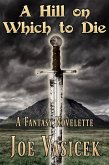On December 30th, 1820, a 34-year-old Irishman set foot on American soil for the very first time. His name was John England and the post he would occupy over the next 22 years in what quickly became his adopted homeland was that of Roman Catholic bishop of Charleston, South Carolina. England brought to the new world a startling passion for democratic institutions and while he was unsuccessful in convincing his fellow bishops that such governance could become a hallmark of American Catholicism nationwide, he drafted a formal constitution for his own diocese that saw unprecedented participation in ecclesiastical affairs by clergy of all ranks, religious women and men, along with lay people, all elected to representational roles by the people they served. This book explores an oft-mentioned but little understood aspect of John England's ecclesiology, namely the role played in his intellectual development by the writings of an earlier Irish cleric, a Capuchin Franciscan friar by the name of Arthur O'Leary. It was O'Leary who delivered a call for religious toleration and freedom of conscience, and while he wrote in an Ireland still chaffing under the strictures of British Penal Laws that imposed severe restrictions on the civil rights of any but members of the Established Church, O'Leary was equally forceful in condemning suppression of toleration in earlier years by members of his own religion. Catholicism itself, both in America and worldwide, did not heed the calls of either Arthur O'Leary or John England. After England's death in 1842, successive bishops of Charleston dismantled the constitutional mechanisms he had created and the governance structures Roman Catholicism chose to retain and utilize as the 19th century evolved into the 20th, were characterized more by a top-down style of management than anything resembling the democratic ideals England espoused or the concepts of toleration promoted by O'Leary. A fundamental question this study raises, then, is this: might the post-Vatican II church of today have something valuable to learn in the theoretical concepts advanced by Arthur O'Leary and their later practical application by John England?
Dieser Download kann aus rechtlichen Gründen nur mit Rechnungsadresse in A, B, BG, CY, CZ, D, DK, EW, E, FIN, F, GR, HR, H, IRL, I, LT, L, LR, M, NL, PL, P, R, S, SLO, SK ausgeliefert werden.









